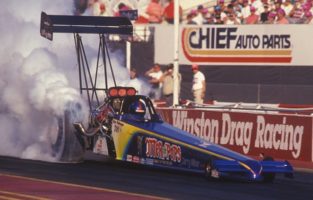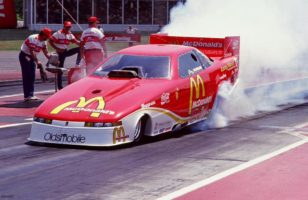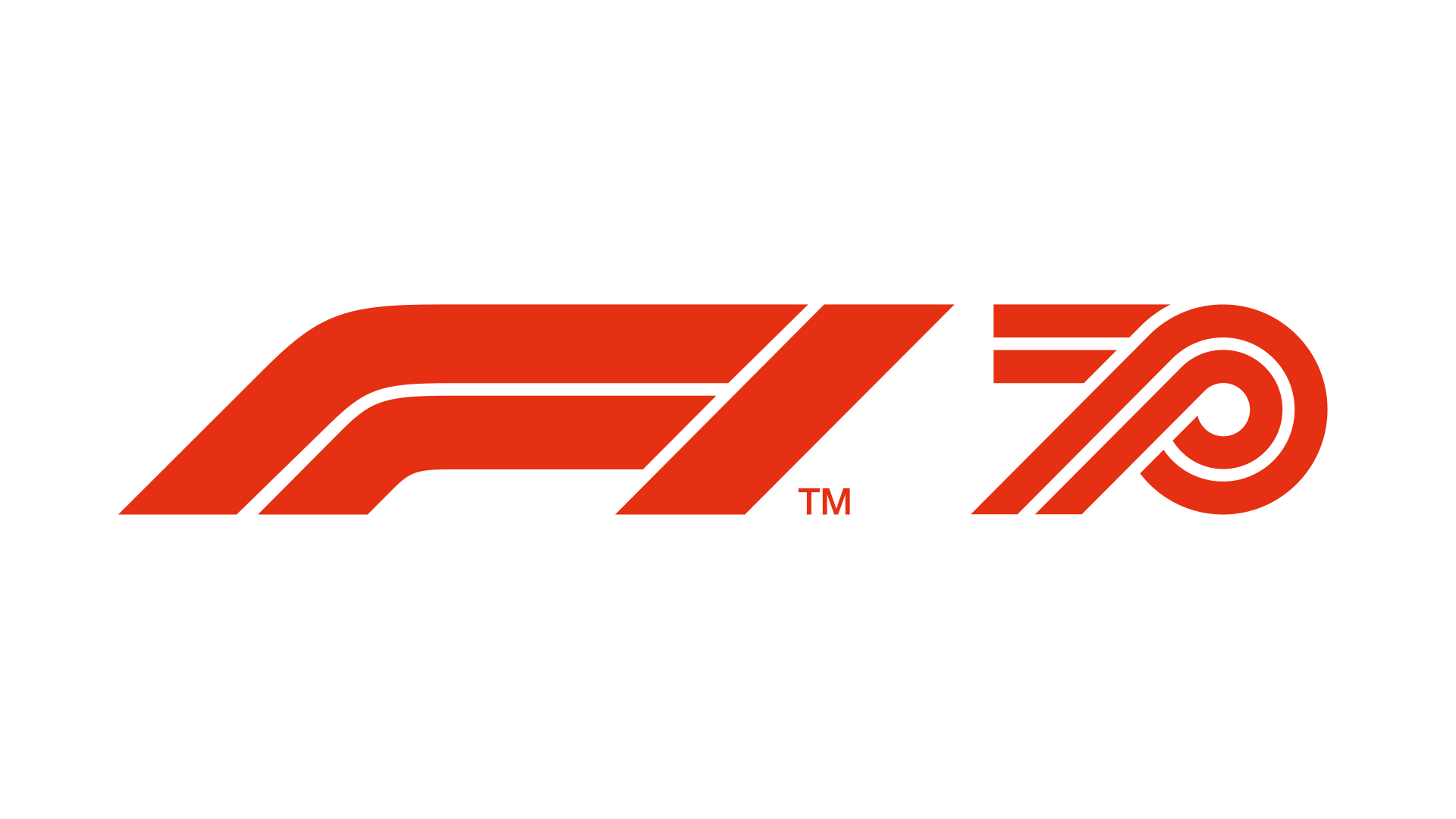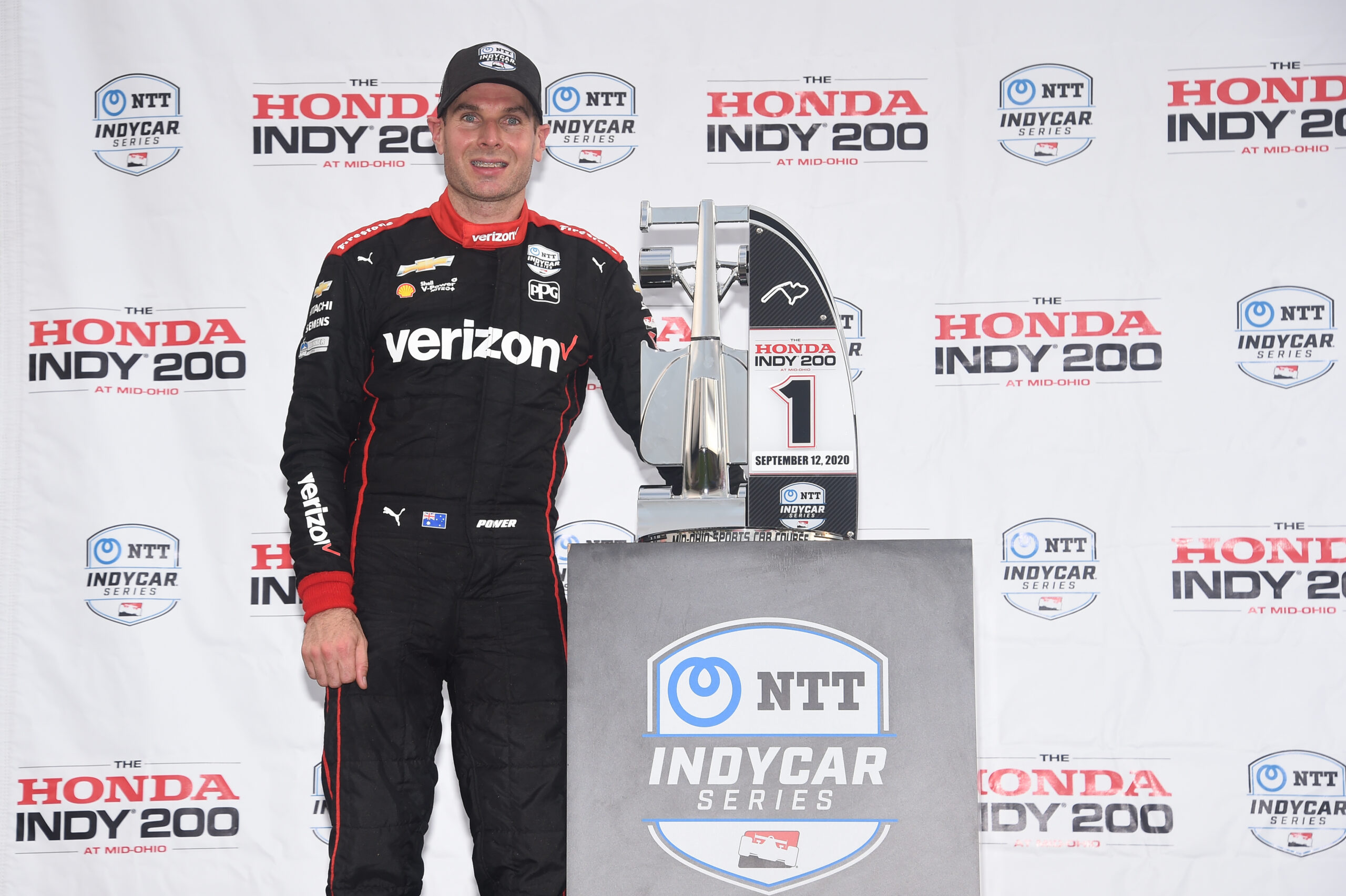In this week’s interview of “First Seasons,” where a driver discusses their first-season of racing professionally, we catch up with Funny Car Snap-On driver Cruz Pedregon who talks about his 1991 Top Fuel season, his rookie season on a part-time basis.
During this interview, the California native talks about what he remembers of the ’91 season, how he managed expectations despite being on a part-time basis, his first start, what he thinks helped him from ’91 to learn for ’92, his first victory in ’92, and anything Pedregon wishes he could do differently looking back.
SM: You started out racing in NHRA in the Top Fuel category 29 years ago at the age of 28. Briefly discuss what it was like making your debut at that age, knowing it was considered a young age during that time period. Also, how did you make the connection and get to drive for Larry Minor?
CP: “It was surreal at first,” Pedregon said about making his debut. “I remember doing my first burnout in the car out in California, it was very surreal. It was a dream come true for me because I had dreamt of that opportunity. I remember the first one like it was yesterday.”
“One of my father’s good friends owned a Funny Car team and he also owned a piston manufacturing business. So, he sold to Larry Minor (Cruz’s first Team Owner), and he was a big Team Owner. He introduced me to him, two years prior to that. I never thought the meeting would make anything, but that was a good introduction there.”
“I also had a good amateur career in the Alcohol cars by winning races. I thought, if there ever was an opportunity, maybe I’m on the radar because I was winning races. So, that was my opportunity.”
SM: In the ‘91 season, you ran 12 races in the Top Fuel category. Before the season got underway, do you remember setting a certain goal for that specific year despite being a rookie? What were your expectations and did those ever change when you got further into the season?
CP: “Honestly, I’ll tell you the truth,” he said. “The car that I was driving was a part-time hobby-like car to the owner (Larry Minor), who had three full-fledged full-time operations. Larry wanted his own personal car that he could tune. So, I knew I had limitations as far as crew chief and a limited schedule. My expectations were not to go out to win races and be competitive. I thought the experience would be good and perhaps winning a round or two.”
SM: Was it hard to manage expectations, knowing you were a part-time driver that season?
CP: “It was (hard),” Pedregon said about managing expectations. “In fact, I went from a winning situation in the Alcohol cars in a top car. I had to think twice and be like, ‘do I keep winning in Alcohol or do I take a Top Fuel team, which is the top of the line.’ Eventually, I took the Top Fuel ride.”
“It was a beautiful car, but I just didn’t have the equipment to race with. It (racing part-time) was a good experience for me.”

SM: Your first professional NHRA Top Fuel start was the famous Pomona Nationals. Can you describe what it was like in the weeks leading up to your first professional race? Were you starting to feel anxious or nervous, or were you more, let’s get this thing going? What helped you in advance of the race?
CP: “I was working on the car at the time, so I didn’t think about being nervous or anxious,” he said. “The cars that I drove previously I wasn’t as hands on that much. But, when I was hired, I was hired to drive but the team was also not shy of me to empty out the trash cans, and pretty much do the heavy lifting. I was full on crew guy.”
“I was never nervous or anxious. I just remember, it was a lot of work and a lot of late nights, but to me, it was worth it.”
SM: Unfortunately, you would miss the show for that race. Is there anything in your mind that you could’ve done differently to perhaps move further in the rounds?
CP: “Larry (Minor) was very knowledgeable with cars, but it was basically all of his friends who were on the crew and they were all business owners,” Pedregon said. “All of these guys were like older (people), who pretty much were ready to have a cocktail after my last run. I was pretty much minding my own business and not getting into all the politics of it.”
“But, I knew my time would come, just let me do my job to the best of my ability.”
SM: Despite that, you had some success that season, where you achieved your first-round victory against the legendary Don Prudhomme to advance to the semi-finals at Seattle. Do any of those victories stand out to you?
CP: “Oh yeah,” he said about beating Prudhomme. “We raced the “Snake” (Prudhomme’s earned nickname) and I remember Tom McEwen (former NHRA driver) coming up to me, and he said ‘Hey, just go in there and do your thing. This guy is quick. Just be on your game and you should be okay.’ I remember thinking to myself, ‘I didn’t think he was going to be quick. I knew he was an older superstar, no doubt, but I didn’t think (McEwen) would tell me he (Prudhomme) was going to be fast.”
“We did win though and I remember it was the Skoal car at the time. And then, we lost a close race to Tom McEwen of all people in the next round. So, I raced the “Snake” and the “Mongoose” in the next round. But, I will always remember that as they were milestones in my career because they meant so much and they were big names in the sport.”
SM: When you look back on the ‘91 Top Fuel season, are there any races in your mind that you felt like you could’ve won? Do you think Seattle was potentially the one race where you should have gotten the victory?
CP: “Not the victory, but a couple of more rounds,” Pedregon said about the Seattle race. “I would say, Seattle was our best performance because we were at least in the zone so to speak. Our times were also very competitive.”
“It seems as though Seattle, throughout my career, is one of my races that I never won there and could never get past the second round for some reason. That was the start of it I guess.”
SM: Jumping ahead a little bit, you would move up to the Funny Car class in ‘92 and achieved your first victory in NHRA at the Houston Nationals. Couple of questions. What, in your mind, did you learn from the ‘91 season to help better you for your ‘92 Funny Car rookie season? What does that first victory still mean to you and have you ever had a chance to go back and rewatch that race?
CP: “Just the fact I was racing a Nitro car and the de-accleration,” he said. “The de-acceleration of the car didn’t affect me like it would, had I gone straight from Alcohol to Funny Car. I was already seasoned as far as speed and got used to the way you would drive with the clutch pedal out, as opposed to revving the engine up. I was able to get into the Funny Car, due to being in an Alcohol car in ‘90, Top Fuel in ‘91, and then I went back to a Funny Car in ‘92. It was sort of going back home again.”
“I have rewatched that race (Houston Nationals) a few times, more mentally than physically. I remember the unusual circumstances leading up to that Sunday. I was a little taken back of my then crew chief and the owner, because they had been together for so many years. I was a little shocked about the politics behind the scenes of people not getting along.”
“I think there was uneasiness with the team due to engine problems. So, the incoming teammate, Cory Mac’s (McClenathan) crew chief put the motor out of that car and per the owner’s request, lend these guys a motor as they were out of them. They didn’t want to blow this kid up, which was me. That crew chief and my crew chief didn’t like each other so much, and I was kind of in the middle of all that.”
“So then race day comes and we go out to set the nationals record by lowering it to 400ths, which is crazy in today’s numbers.”
SM: When you entered the sport in ‘91 as a rookie, did you ever think that you would win the championship the next season and have two championships plus 36 victories during your career?
CP: “Well, let me tell you this,” Pedregon said. “After that race, we thought we were going to have a great summer, but we were lackluster for about eight to 10 races. We were hit or miss, and had fallen on our face in qualifying.”
“In that season, were we thinking of a championship? We were after Houston, but prior to Seattle of ‘92, we wanted to finish in the top five. Then, we went on a roll, and de-throned (John) Force. Houston was the beginning, but we had to wait six months or so until August where we found the magic again. We got hot in August and didn’t look back, and to top it off, we went through three different crew chiefs that year. That was bizarre to say the least.”

SM: I asked Ron Capps this question and he says, his last victory is his favorite one. For you, what would you say is your favorite Wally out of your collection?
CP: “My favorite Wally (NHRA winner trophy) out of my collection is the ‘92 U.S. Nationals (NHRA’s biggest race of the year),” he said. “The US Nationals is the biggest race of drag racing, it’s our Super Bowl. If you win that race, your name goes down as a legend, so to do it in my rookie year is a moment that I’ll never forget. I had an off weekend with my reaction times, but I had a great crew around me that helped us pull both cars my funny car and the topsail drag stream to the winner circle. If you look at the people that were on my crew back then, almost all of them are current or former crew chiefs on different Top Fuel or Funny Cars throughout the years.”
SM: Some racers have a memorabilia collection and some don’t. Are you a driver that collects your own merchandise and if so, what in your collection reminds you about your rookie season(s)?
CP: “I have a collection of helmets, fire suits, all the Wally’s,” Pedregon said. “Not all of them are original (Wally’s), because I had given them away. But, I would say helmets are near and dear to me. I sold about 25 to 30 through the years, I wish I had them back. In the ‘90s, I was getting good money for them because I thought wow, people want to buy my helmets.”
SM: I’m sure being in this sport for a long time, most seasons are a blur to you. Are there any fond memories to this day about your rookie season that you will always remember? If so, what sticks out the most?
CP: “They were all good memories,” he said. “However, I remember thinking during the five wins in a row, I was like, ‘Man, it would be a nice story if we could come back from seventh or eighth in the points during that year and finish second.’ In other words, I was not thinking about the championship until the second to last race, as I was not going to let myself get that far ahead.”
“And then, I was bummed out because we didn’t make it to the final round to get six (wins) in a row. We went to the semis against Tom Hoover (former NHRA driver) and I was so bummed out, since I wanted to win six in a row. I guess we got a little greedy.”
“There isn’t really one memory that really sticks out more than the other, I just remember ‘92 was a crazy year, but we had a good car and (we) were on the roll. I guess I would say, there were some odd and scary moments that were trying times. I wouldn’t trade it for the world, since it made that much more memorable.”
SM: Wrapping it up – It’s been 29-years since you made your first start in the NHRA Professional Division. What would a 56-year-old Cruz Pedregon tell a 28-year-old Cruz Pedregon, if you had the ability to time travel? Is there anything you would do differently?
CP: “I was pretty high strung in those days,” Pedregon said. “I would say, slow things down a little and take them as they come. Enjoy the moments (a lot more often) and don’t try too hard. I was always pressing, pressing, and always thought the sky was falling when we got beat. Wisdom and that things happen for a reason, good or bad.”
In Pedregon’s career, the Gardena, California native has a total of 36 career wins, two Funny Car Championship (1992, 2008), 40 runner up finishes, 75 semi-final appearances, 61 No. 1 qualifiers, and he has made the Countdown to the Championship (NHRA’s version of the Playoffs) seven times. As of this writing, Pedregon’s last victory came in 2018 at the Charlotte Nationals against John Force.
Fans of Cruz Pedregon wanting to find out more information or keep up to date can follow him on Twitter, “like” him on Facebook, and Instagram.
Special thanks to General/Team Manager of Cruz Pedregon Racing Caleb Cox for coordinating the interview and many thanks to Cruz Pedregon for taking time out of his busy schedule to do the interview.






